About Us
Advertise With Us
RSS Feed | Content Syndication
Terms & Conditions
Privacy Policy
Contact Us
BollywoodShaadis.com © 2026, Red Hot Web Gems (I) Pvt Ltd, All Rights Reserved.
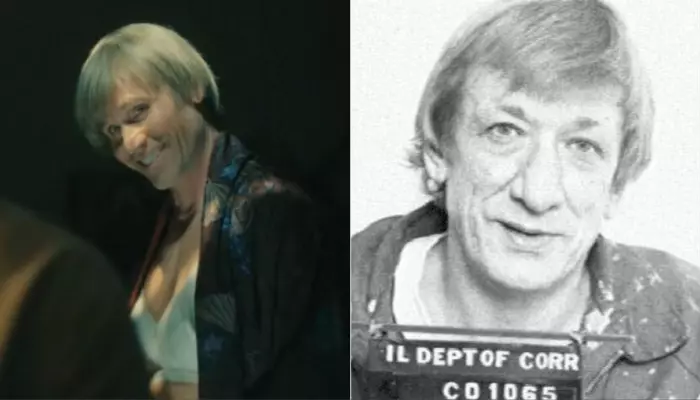
Netflix’s Monster: The Ed Gein Story has taken the true crime world by storm since its premiere on October 3, 2025. Critics and audiences agree the series delivers gripping entertainment for true-crime fans while also unsettling viewers with its dark exploration of some of America’s most disturbing historical crimes and macabre artefacts.
While the tale of the notorious ‘Plainfield Butcher’ was enough to send chills down the spine, one character from the show has left audiences particularly intrigued, i.e., the ‘Birdman’. In the chilling final episode of the third true-crime-inspired season of Monster, viewers are introduced to this eerie character, who sends disturbing letters to Gein, calling him an 'idol'.
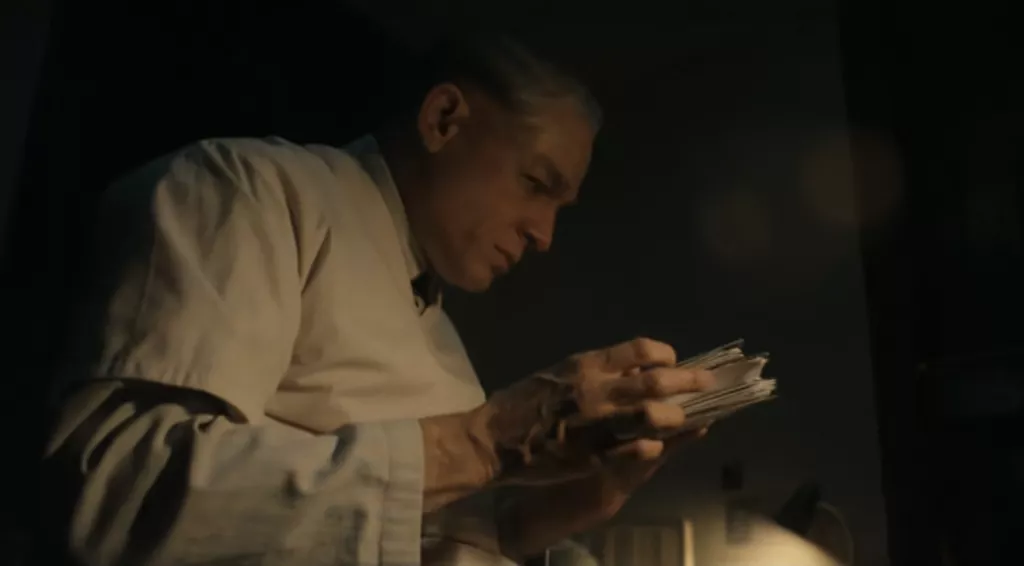
If you are wondering about the real face behind this character and whether he really had a connection with Ed Gein, allow us to introduce you to one of the infamous mass murderers in American true-crime history, Richard Speck, aka ‘Birdman’, infamously nicknamed after the notorious 'Birdman of Alcatraz'.
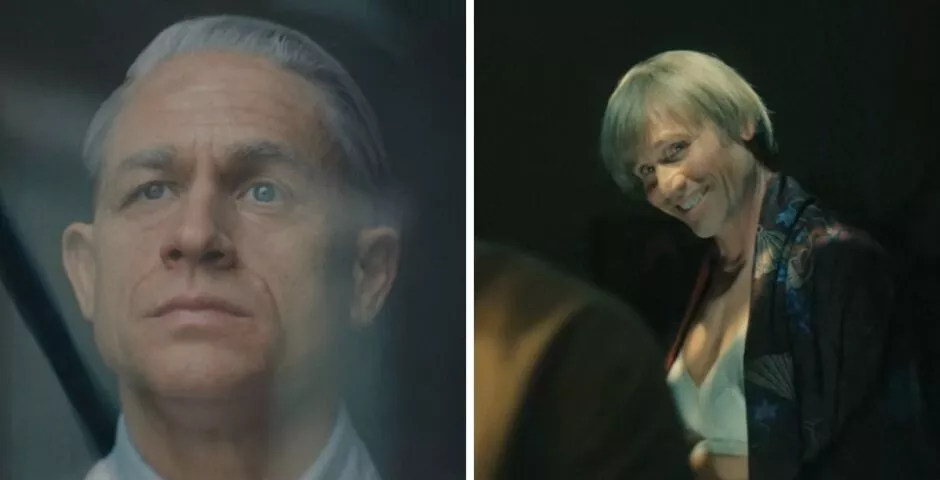
In the Netflix series, actor Tobias Jelinek delivers a phenomenal performance as the chilling character of 'Richard Speck' ('Birdman'). For those who are just learning his name, he was not a serial killer but a mass murderer who was responsible for one of the most horrifying crimes in U.S. history, killing eight student nurses in Chicago.

In the show, ‘Richard Speck’ is portrayed sending a letter to ‘Ed Gein’ (Charlie Hunnam), hailing him as his idol. He appears as an inmate at Crest Hills, Illinois, and is shown as a cross-dressed man who casually discusses his crimes, boasting about his ‘business’ inside prison (drug use and sexual favours in exchange for contraband).
Continue reading below
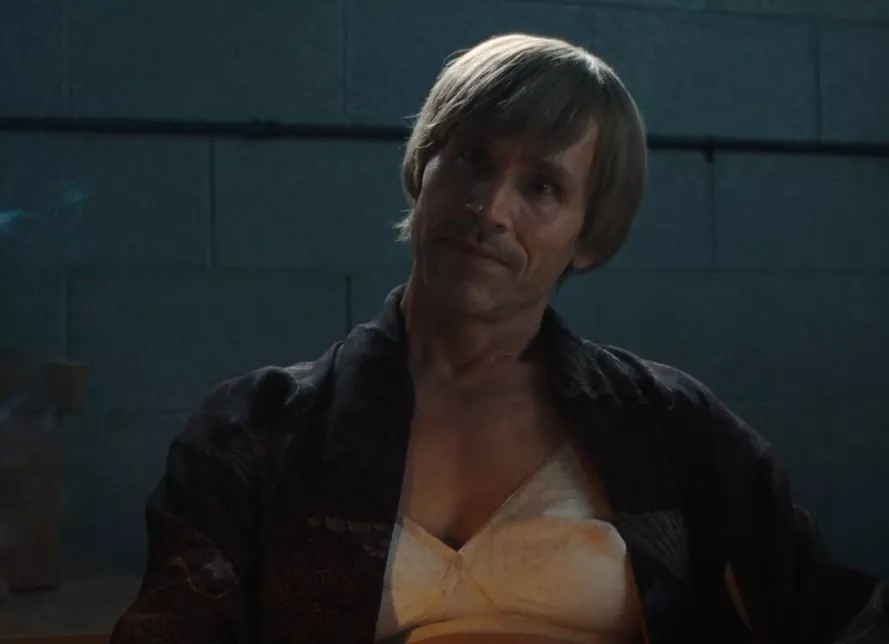
‘Crest’ shares his prison experiences with ‘Ed’ and names him his inspiration, sharing letters from other serial killer ‘fans’. Through him, the show portrays an eerily calm criminal who, despite having killed multiple people at once, has no remorse for his crimes. Instead, he enjoys notoriety and manipulates the system.
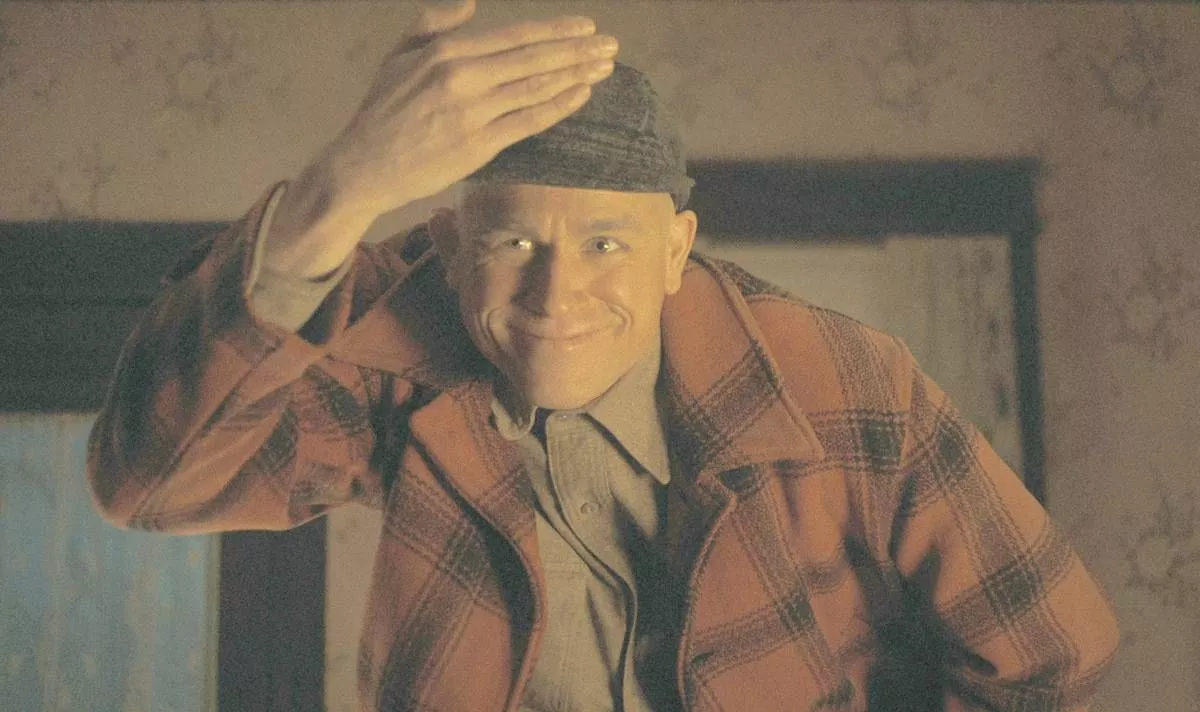
Let’s do a reality check on this chilling final episode of Monster season 3. In real life, there is no evidence to suggest that Richard Speck ever contacted Ed Gein or admired him. However, he was indeed a prisoner who received the nickname ‘Birdman’ while in prison. As shown in the series, he had indeed dyed his hair blonde and used to cross-dress, as evidenced by a 1996 video that showed him with dyed blonde hair, hormone-induced breasts, and lingerie.
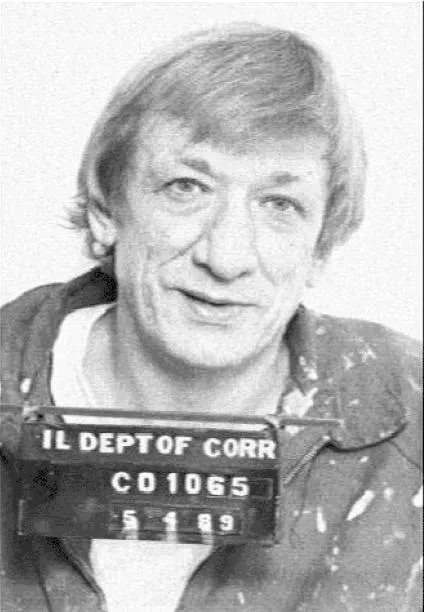
While in prison, Speck had undergone illegal hormone therapy and also reportedly engaged in sexual favours for drugs and protection. In the video that had created a storm back then, he showed chillingly remorseless behaviour, even laughing about the murders he had committed. He said:
“If they knew how much fun I was having, they’d turn me loose.”
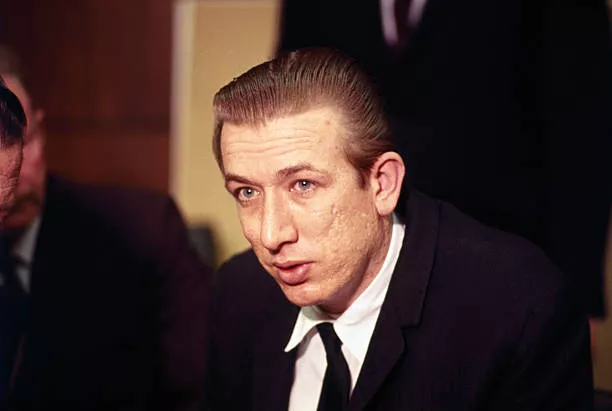
However, the part where Ed Gein is shown as Speck’s idol in Monster is entirely fictional. There’s doubt if Speck even knew about Gein. Likewise, the letter exchange part is also dramatised for additional impact. In addition, the show also suggests that Gein’s infamy inspired morbid fascination among infamous serial killers like Ted Bundy, but that part is also fiction. Speaking to Netflix’s Tudum, director Ryan Murphy said:
“There were many, many dark creatures in our world – Richard Speck, Ted Bundy – who were influenced and obsessed with Ed for all the wrong reasons.”
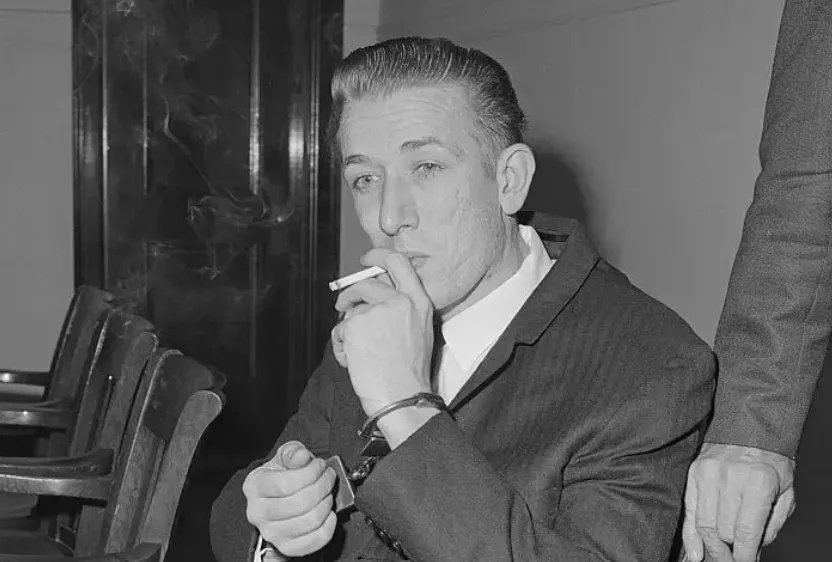
Richard Speck’s name is remembered as one of the most cold-blooded criminals in the American true-crime sphere, who, unlike Ed Gein, was a mass murderer. On the night of July 13–14, 1966, Speck murdered eight student nurses in Chicago. A ninth nurse, Corazon Amurao, survived the attack by hiding under a bed and later became a key witness in his trial.
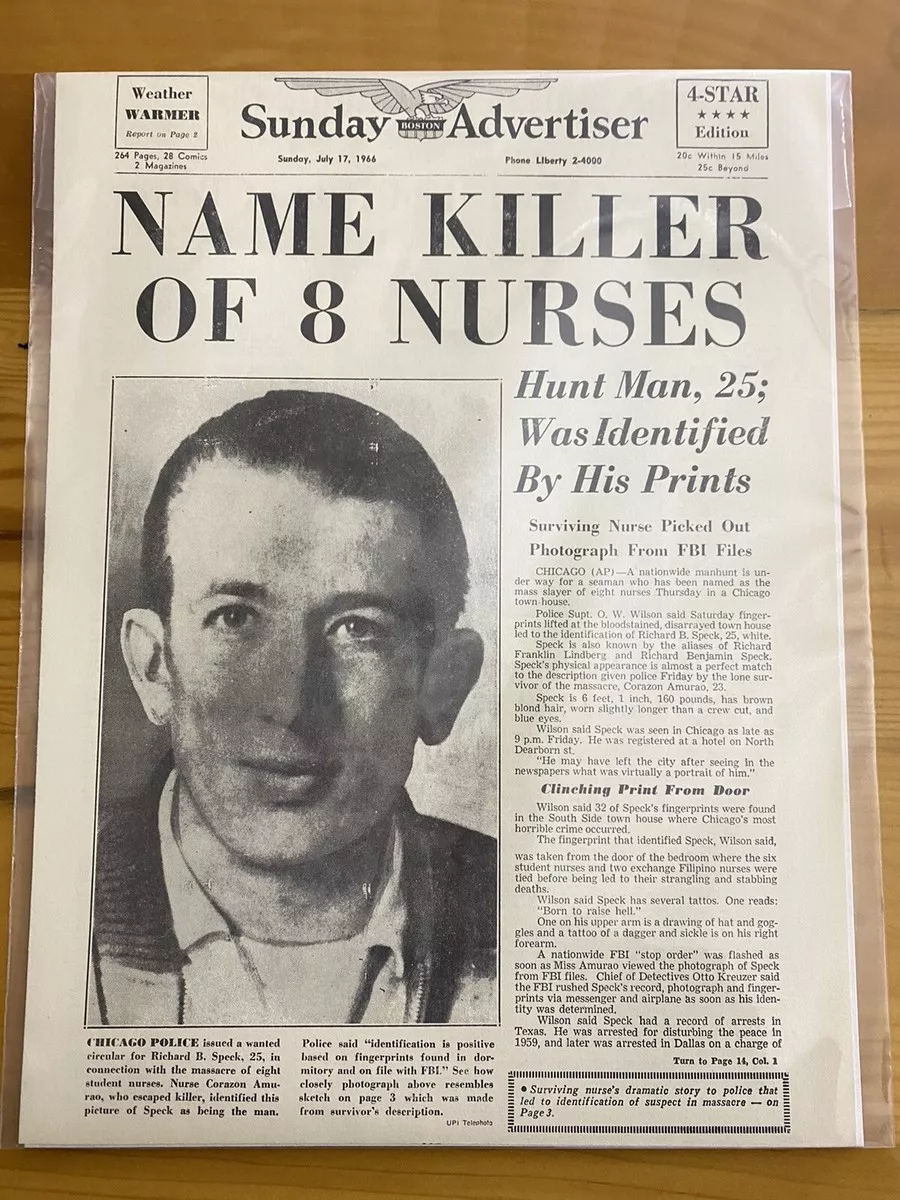
In real life, Speck got the nickname ‘Birdman’ after an unnerving experience behind bars at the Stateville Correctional Center, Illinois. According to the FBI’s Robert Ressler in Mindhunter, Speck once nursed a sparrow back to health, only to kill it later by throwing it into a fan when guards didn’t allow him to keep pets. In his justification, he simply said:
“If that ain’t mine, it ain’t nobody’s.”
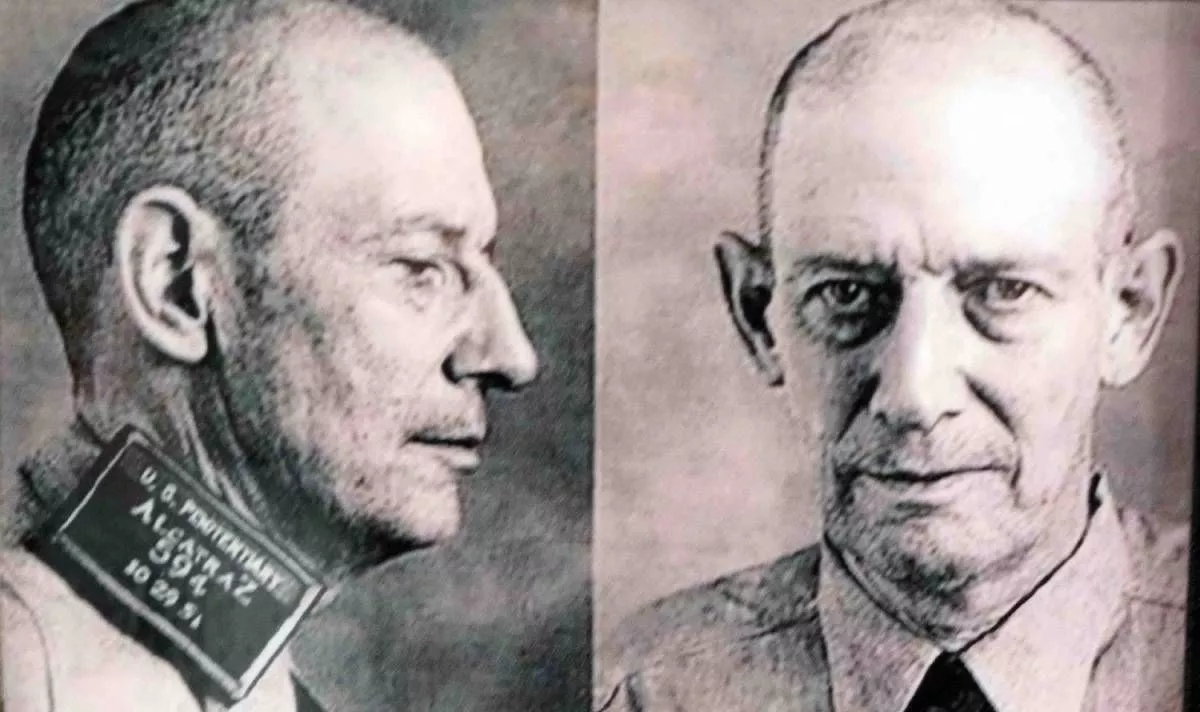
Richard Speck’s nickname was a dark nod to another notorious criminal, Robert Stroud, the real ‘Birdman of Alcatraz’. For those unaware, the Alcatraz Federal Penitentiary, also called ‘The Rock’, was a maximum-security prison operating from 1934 to 1963 on an island in San Francisco Bay. Known for its escape-proof reputation, Alcatraz housed some of America’s most dangerous criminals, including Al Capone, George ‘Machine Gun’ Kelly, Boston mob boss James ‘Whitey’ Bulger, and Robert Stroud himself.

So, who was the real Birdman? Born in 1890, Robert Shroud grew up to become one of America’s ‘coldest-blooded’ murderers who spent over 50 years in prison for multiple murders, including the 1909 killing of a bartender in Juneau, Alaska. In 1916, while serving at Leavenworth Penitentiary, Shroud murdered a prison guard and was sentenced to death.
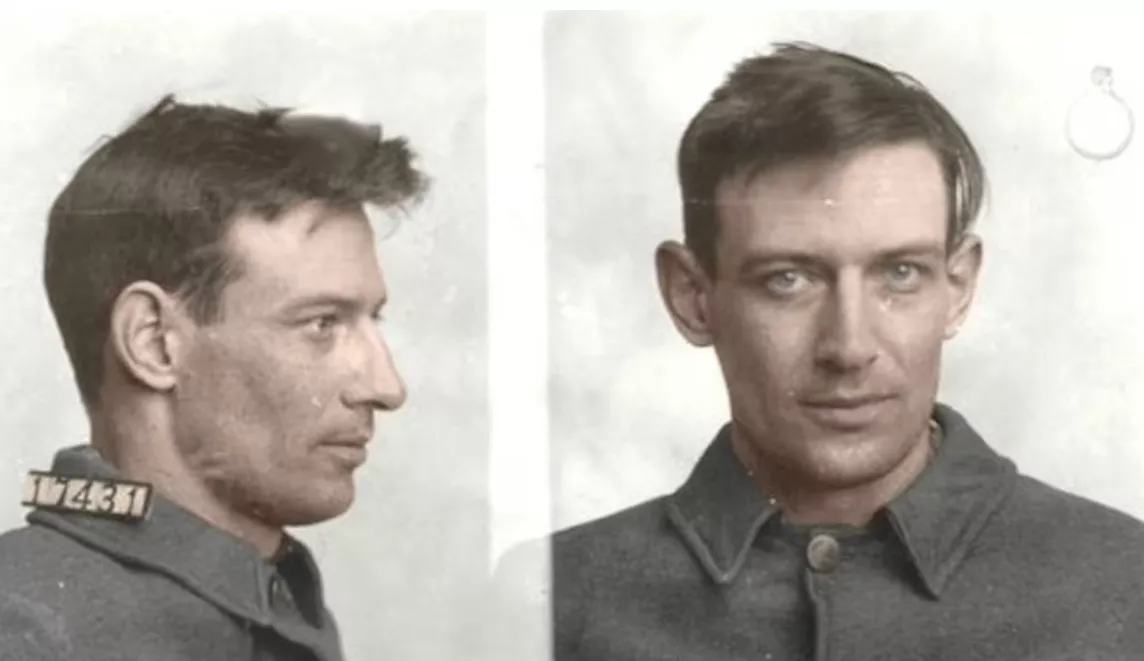
While in isolation, Shroud discovered a nest of injured sparrows and began nursing them. Over time, his fascination with birds became a full-time scientific pursuit which he was allowed. Photos of Shroud show him sitting in his cell with birds sitting on his shoulders and roaming around fearlessly.
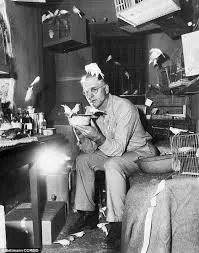
Over the years, Shroud raised nearly 300 canaries, studied avian diseases, and even published a book, Diseases of Canaries, in 1933. He collaborated with scientists to invent bird remedies and sold them, eventually becoming a prison celebrity. However, when officials caught him secretly brewing alcohol using his lab equipment, he was sent to Alcatraz in 1942.
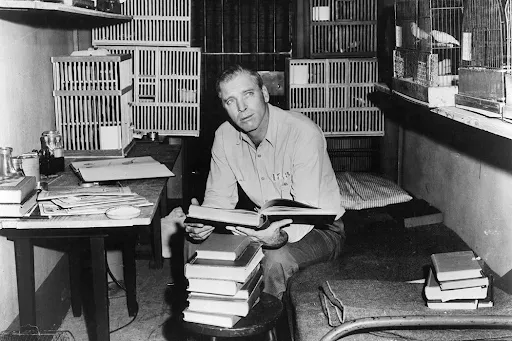
Ironically, during his time in Alcatraz, Shroud was never allowed to keep birds, meaning the title, Birdman of Alcatraz, is not technically accurate. Regardless, this title gained popularity after the Oscar-nominated 1962 film Birdman of Alcatraz, starring Burt Lancaster, who earned an Academy Award nomination for his portrayal. In 1963, Shroud died of natural causes at age 73 at the Medical Center for Federal Prisoners in Missouri.
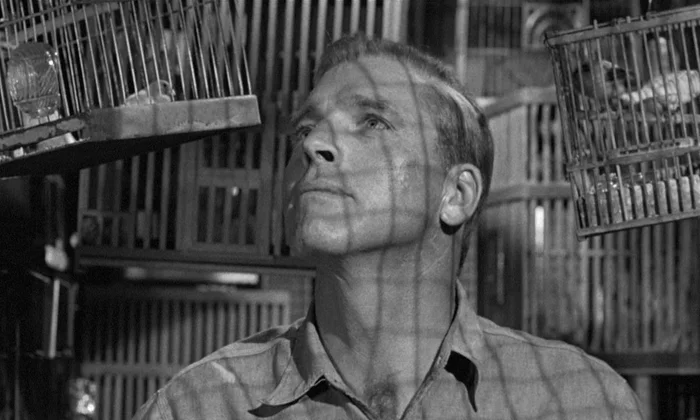
In Monster: The Ed Gein Story, the haunting final scene featuring the ‘Birdman’s’ letters is entirely fictionalised. However, the scene might just be the ending it needed, as a chilling reminder that even decades later, the world still can’t look away from its monsters.
Read Next: Trevor Lawrence's Wife Marissa Mowry: Married Before NFL Debut, Field Proposal, Cried On His Wedding
advertisement
advertisement
advertisement
